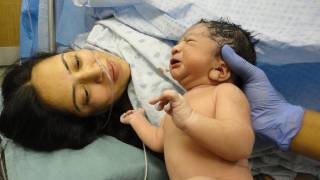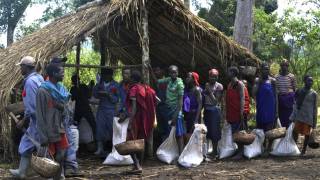International Travelers Exposed to Multidrug-Resistant Bacteria

A recent study published by The Lancet could be the first to characterize in real-time the dynamics of acquiring multidrug-resistant Gram-negative bacterial colonization during international travel.
This study’s data suggest that travelers are exposed to a more significant burden of multidrug-resistant bacteria than previously thought.
The data published on February 23, 2021, emphasized the need for preventing travelers’ diarrhea and limiting antibiotic use, addressing the two major factors predisposing colonization.
By combining personal data of 20 European visitors to Laos with fine-scale genomic analyses of the strains isolated from their daily fecal samples, the researchers showed that colonization by an ESBL(extended-spectrum β-lactamase-producing)-producing Gram-negative bacteria during travel to endemic regions is a highly dynamic process.
They identified a constant influx of newly acquired ESBL-producing Gram-negative bacteria in all but one of the 20 participants.
Throughout their visit, the volunteers were colonized by up to seven different strains and often acquired multiple ESBL-producing Gram-negative bacteria species.
Few studies have employed genome-level analyses. Still, several have reported isolating more than one new colonizing ESBL-producing Gram-negative bacteria strain from post-travel samples.
‘Our data reveal the accurate scale and complexity at which drug-resistant bacteria colonize the intestinal tract in high-endemic settings; colonization has been seriously underestimated, both concerning rates of volunteers acquiring multidrug-resistant Gram-negative bacteria and number of individual strains contracted,’ commented these researchers.
‘In addition, our data suggest that several of our participants lost some of their travel-acquired ESBL-producing Gram-negative bacteria strains while still abroad.’
This indicates that previous studies solely using before and after travel sampling have under-reported the extent to which ESBL-producing Gram-negative bacteria colonize individuals.’
‘The data suggest that some strains can colonize multiple participants potentially through direct transmission or acquisition from a common source.’
‘The challenge now lies in unraveling the mechanisms that underlie this process and competition between the clones and finding tools to prevent colonization already at its initial stages,’ concluded these researchers.
Vax-Before-Travel publishes research-based travel news.
Our Trust Standards: Medical Advisory Committee
























